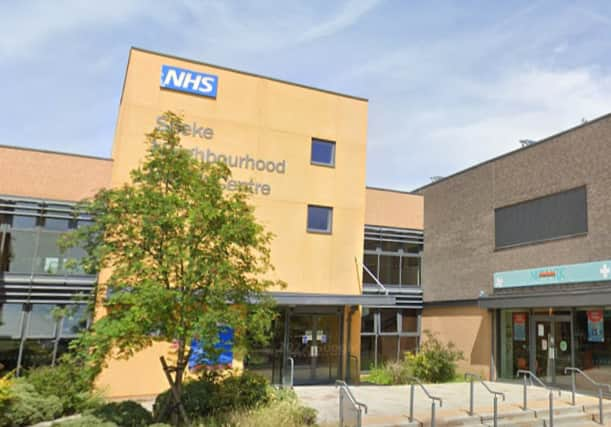Liverpool abortion charity urges new PM to enshrine abortion as a ‘human right’
and live on Freeview channel 276
Liz Truss was this week named the Prime Minister of the United Kingdom, and has made changes to her government.
Therese Coffey, who grew up in Liverpool and went to school in Crosby, is the new Health Secretary and many have been left concerned about her voting history in regard to abortion rights.
Advertisement
Hide AdAdvertisement
Hide AdMs Coffey voted to revoke the rights to at-home abortion care, and voted against extension of abortion rights to women in Northern Ireland. She did, however, say the latter was due to viewing Northern Ireland as a devolved entity.
As a Catholic, she previously said that she would “prefer that people didn’t have abortions, but I am not going to condemn people that do”.
The British Pregnancy Advisory Service, who have a clinic in Liverpool told the BBC they found Coffey’s views to be “deeply concerning” but the health secretary said that abortion laws are not going to change.
LiverpoolWorld contacted MSI Reproductive Choices, as they provide abortion services for many people across Liverpool.
Advertisement
Hide AdAdvertisement
Hide AdWhilst the charity choose not to comment on individual politicians, they do have a list of expectations for the new Prime Minister.
MSI Reproductive Services
MSI Choices Liverpool Community Treatment Centre, in Speke provide abortion services and contraceptive services for people in Liverpool.
The organisation’s UK Advocacy and Public Affairs Advisor, Louise McCudden, told LiverpoolWorld: “Nine in 10 adults in this country are pro-choice, and so are most MPs. One in three women has an abortion in her lifetime, which is why we do see support for reproductive healthcare across all political parties.
“Only this year, Parliament voted to make home abortion access permanently available in England with cross-party support, including from 72 Conservative MPs.
Advertisement
Hide AdAdvertisement
Hide Ad“With the world horrified by the US repeal of Roe v Wade, and with anti-abortion policies in countries like Poland, reproductive rights are under the global spotlight more than ever.
“It’s essential that the UK government continues to protect abortion as essential healthcare, and indeed as a human right.”
She also discussed buffer zones, preventing those seeking abortions from being harassed outside clinics. Liverpool Council were recently advised to have a buffer zone around the BPAS clinic in Aigburth, after mass reports of harassment.


Louise McCudden said: “One way the government could show a serious commitment to reproductive rights would be to support national legislation establishing buffer zones around abortion clinics.
Advertisement
Hide AdAdvertisement
Hide Ad“Buffer zones have been extremely effective at a local level in protecting abortion clinics from harassment - and unfortunately, harassment outside clinics appears to be on the increase.
“The first buffer zone in the country was set up to protect our clinic in Ealing, and it was so successful that last year it was renewed for another three years, following a public consultation. Manchester and Richmond have also introduced buffer zones.
“However, there’s now a postcode lottery. Your right to access an abortion confidentially and safely shouldn’t depend upon where in the country you happen to be accessing your care.
“There is cross-party support for such a measure. Backing national buffer zones would send a clear signal to anti-choice groups that no matter your personal feelings about abortion, harassing people, especially women, while they access essential medical care is simply unacceptable.”
Advertisement
Hide AdAdvertisement
Hide AdShe added that access to contraception is a “major reproductive rights issue” and that women in the most deprived areas lack access.
She explained that abortion still sits in British law, and said: “The government could send a major signal that it supports reproductive rights by updating our antiquated, Victorian laws and removing abortion from the criminal code altogether, allowing it to be regulated as any other comparable forms of healthcare.”
